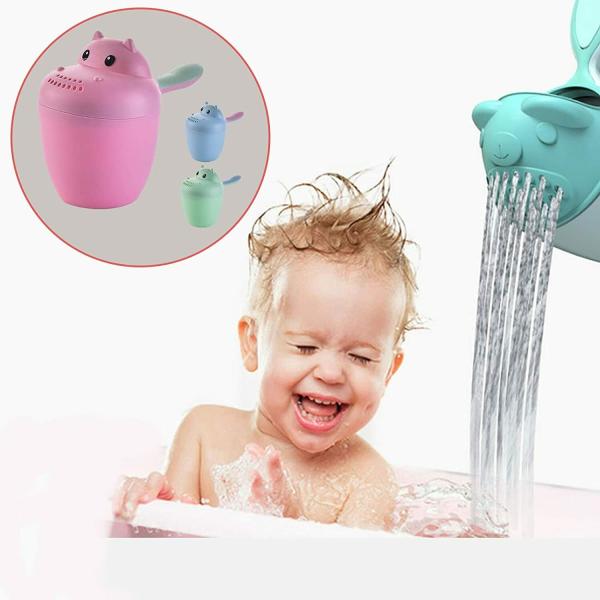For new parents, one of the most common questions is how many diapers they should expect to change in a day.
The answer to this question can vary depending on a number of factors, including the age of the baby, their feeding schedule, and their overall health.
In general, newborns require more frequent diaper changes than older babies or toddlers, but there are some general guidelines that can help parents understand what to expect.
Newborns
Newborns require the most frequent diaper changes, as they tend to have bowel movements and urinate more frequently than older babies.
In the first few days of life, it’s not uncommon for a newborn to have up to 12 or more diaper changes per day.
As they get older, the number of diaper changes will typically decrease, but newborns may still require 8 to 10 diaper changes per day.
Older Babies and Toddlers
As babies get older and their bowel movements become more predictable, the number of diaper changes needed per day may decrease.
For example, a 6-month-old baby may need 4 to 6 diaper changes per day, while a toddler may only need 2 to 4 diaper changes per day.
Factors That Affect Diaper Changes
There are several factors that can affect the number of diaper changes a baby requires. These include:
Feeding schedule:
Breastfed babies tend to have more frequent bowel movements than formula-fed babies, so parents of breastfed babies may need to change diapers more frequently.
Illness:
When a baby is sick, they may have more frequent bowel movements or urine output, which can increase the number of diaper changes needed.
Environment:
In hot and humid weather, babies may sweat more, which can increase their urine output and require more frequent diaper changes.
Hydration:
If a baby is dehydrated, they may have fewer wet diapers than usual, which can be a sign of a problem and should be addressed by a doctor.
Tips for Diaper Changing
Regardless of how many diaper changes a baby needs in a day, there are some tips that can help make the process easier for parents:
Be prepared:
Have plenty of diapers, wipes, and diaper cream on hand.
Keep it clean:
Make sure to clean the diaper area thoroughly and use diaper cream to help prevent diaper rash.
Be gentle:
Be gentle when cleaning your baby’s diaper area, and don’t scrub too hard or use rough wipes.
Watch for signs of irritation:
If your baby develops a rash or seems uncomfortable during diaper changes, it may be a sign that they need a different brand of diapers or a different type of diaper cream.
In conclusion,
The number of diapers a baby needs in a day can vary depending on their age, feeding schedule, and overall health.
Newborns require the most frequent diaper changes, while older babies and toddlers may need fewer changes.
Regardless of the number of diaper changes needed, it’s important to be prepared, keep the diaper area clean, be gentle, and watch for signs of irritation.
With these tips in mind, parents can help keep their baby comfortable and healthy.
![]()







